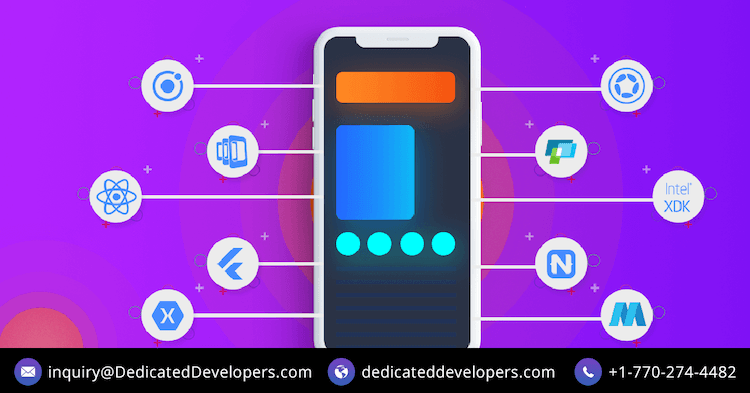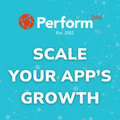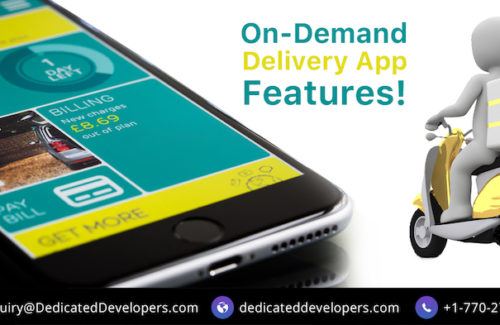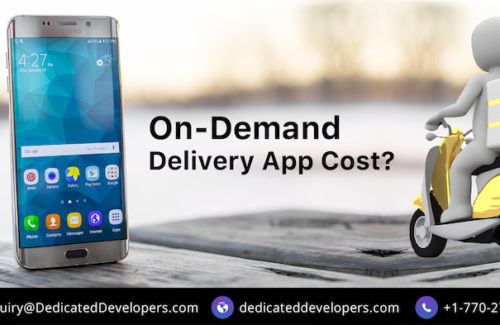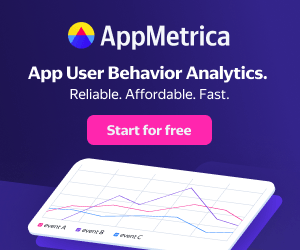Mobile app development platforms provide a web and mobile development company with powerful tools for developing and deploying apps. But in the past few years the range of choices for mobile app development platforms has proliferated at an unprecedented rate.
Each of the various platforms differs from each other in terms of development tools, types of apps supported, lifecycle management features, and a host of other factors.
With these mounting numbers of choices and a rapidly evolving market, you’ll find it even trickier to choose the most suitable app development platform for your mobile app development in 2019.
To help you determine which app development platform is the best for you in 2019, here are the 10 most crucial factors you need to consider:
The Type of Apps Supported
You need to choose your platform according to the specifications of your app. Some platforms support the development of apps for certain operating systems and devices. Some platforms allow mobile app development companies to develop hybrid apps that run on multiple platforms, while others only support purely native codes.
Read the Article: Top 10 Mobile Development Frameworks for 2019
The deployment options of the app development platform: Some platforms offer cloud services for app deployment, while others offer private cloud or on-premises data centers. Also, some platforms provide tools and environments that support scalability, to allow users to easily scale up their app developments after deployment.
The Type of Development Environment Provided by the Platform
Some platforms allow top app developers in the USA to incorporate their own integrated development environments (IDE) and manipulate source codes in the development processes. However, others require users to use only their proprietary IDE.
When implementing a mobile app development using a platform that does not allow the use of third-party script libraries, you need to ensure that the platform’s proprietary IDE provides you with all the necessary tools such as templates, code editors, and compilers needed to create all the functionalities needed in your app.
The Middleware and Back-End Services Provided by the Framework
The middleware and back-end services are as critical to the overall success of the development as the developer skills and tools needed for the development. You need to ensure that the app development platform you use provides all the services needed for computation, management of code execution, back-end data storage, and all other unique requirement of your app’s lifecycle.
The integrations acceptable on the platform
Your mobile app development will probably require third party integration or need to share information with other databases such as a centralized data center. An excellent web and mobile development service entails thorough research on the integrations supported by the platform which a client is opting for.
Efficient, Effective User Acquisition Made Easy
Wondering how to increase engaged, qualified new users? Get in touch with our team of user acquisition experts to discuss a custom outcome-based strategy.
Learn moreBusiness Intelligence capabilities: You need to ensure the chosen platform provides you with behavioral and operational analytics that provide business insights.
Data Security
Data security should form part of your priorities when choosing a development platform. You need to be well-informed about user authentication, data protection and data access management protocols of the development platform of choice.
Read the Article: Tips to Build a Great Mobile App Development Team
Support for Lifecycle Management
Its highly expedient to choose an app development platform that supports all the various phases of an app’s lifecycle, from the design to the development, testing and distribution. You should choose a platform that supports the entirety of the development lifecycle in a coherent way that allows you to manage the various stages of the app’s lifecycle through a centralized portal.
Customer Ratings for the Platform
In the past few years, there’s been a growing shift in the ways top mobile developers choose app development platforms. The trend is changing from the dominance of leading analysts as the go-to source of information to the increasing popularity of enterprise IT review sites as reliable sources for information concerning development platforms.
Content generated by hundreds of users in the form of customer reviews and ratings of app development platforms usually take into account a host of factors other than the technical capabilities available on the platform. These include customer on boarding, user training, vendor contacting experience, etc. Hence, these reviews usually provide greater insights about a platform from numerous verified users of the software.
AI Capabilities
AI is a trend that’s strengthening by the day, and chances are that you’ll probably want to integrate AI technologies into your app development in the future. Hence, you need to choose an app development platform that supports the integration of AI in just about any phase of the app’s lifecycle.
Top 5 App Development Platforms for 2019
Still not in the clear about which development platform you would choose in 2019? The following is a rundown of the top 4 app development platforms you should consider in 2019, based on the aforementioned factors:
Adobe PhoneGap
This is a cross-platform framework that allows developers to build apps for numerous operating systems including Windows, Android, iOS, Mac, Blackberry, etc, using a single codebase built with web development languages such as HTML5, JavaScript and CSS. With this software, top mobile developers in the USA can develop apps without hardware limitations, and further expand the capabilities of apps whenever the need arises.
JQuery Mobile
This is another highly rated cross-platform development framework that allows a web and mobile development company to build code just once and then port it across multiple platforms including Kindle, iOS, Mac, Nook, and a host of others. It also supports scalability and a wide array of third-part integrations
Corona SDK
This framework is renowned for expediting the speed of developments. Corona SDK app developments are usually ten times faster than any other type of app development. The quicker development results from the use of Lua, a lightweight and flexible programming language, in the back-end infrastructure of the Corona SDK apps. The platform allows web and mobile development companies to develop apps quickly without compromising the quality of the app.
Ionic
Used by over 74% of developers for developing commercial apps, Ionic is a free, highly powerful app development platform based on simple web languages like HTML, CSS3 and JavaScript. Top mobile developers in the USA get to download and upload templates and projects meant to be open-source materials through the Ionic market.
There’s also the Ionic lab that provides a web and app development company with free testing tools for testing mobile app developments. The platform can be used in combination with other popular development frameworks, including PhoneGap, Angular, Cordova, Trigger.io, and lots more.
Conclusion
Still not settled about which web development platform you would use in 2019? Reach out to us for greater insights.
To know more about App Development Services reach us at +1(770)274-4482 or visit our website Dedicated Developers. Reach us at inquiry@DedicatedDevelopers.com



